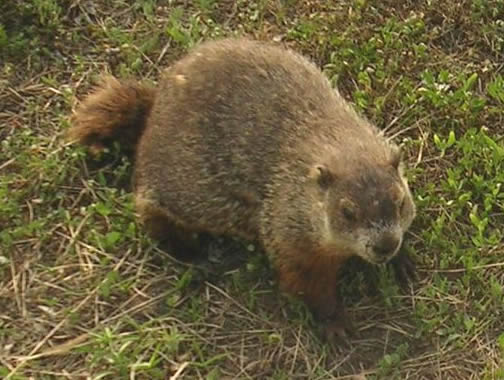"Good authors, too, who once knew better words,
Now only use four-letter words,
Writing prose.
Anything goes."
—Cole Porter (1934)
When I was a little kid, my parents did not want me to hear the My Fair Lady original cast album because Rex Harrison said "damn" on it. Now children are constantly exposed to words that, as Harrison also said on that album, "would make a sailor blush." Television is bad, movies are worse, most popular music comes with a "WARNING: EXPLICIT LANGUAGE" label, and don't even get me started on the Internet. Can you imagine what Cole Porter might have to say about today's language? (Probably something like, "This s--- is f---ing ridiculous.")
Don't get me wrong. I have nothing against profanity per se. Like Mark Twain, I believe that, "Under certain circumstances...profanity provides a relief denied even to prayer." However, there is a time and place for it. (Twain himself claimed to reserve it solely for "discussing house rent and taxes.")
Unfortunately, people now days use it indiscriminately, all of the time.
At this point, I would like to say a word to whatever witty person came up with the name "I F---ing Love Science" for the popular Facebook page, which, in turn, has inspired countless other "I [or We] F---ing Love [Whatever]" pages. Yes, we all know that science is a wonderful thing, but is it really necessary to swear about it? I suppose you think you're being ironic.
That's not irony.
Irony is when, in the 1998 Coen Brothers film, The Big Lebowski, the mysterious cowboy-narrator (Sam Elliott) says to The Dude (Jeff Bridges), "Do you have to use so many cuss words?" and The Dude replies, "What the f--- you talking about?" That's irony.
I f---ing love irony.
The Big Lebowski is an excellent example of the artistic use of profanity. It can be a powerful medium. The problem is that the more it is used, the less power it has.
And at the rate it is being used today, it will soon have no power left at all.
In 1939, when Rhett Butler said, "Frankly, my dear, I don't give a damn," both Scarlet O'Hara and the audience were shocked. At the time, no gentleman would ever think of saying "damn" to a lady. However, a few decades later, everybody (including Rex Harrison) was saying "damn" to everybody. If Gone With the Wind were made in the 1980's, imagine the stream of profanity Rhett would have to let loose on Scarlet to shock an audience. And now—what could Rhett Butler possibly say to shock us now?
We've heard it all.
So please choose your words carefully, reserving the choicest four-letter ones for special occasions. Otherwise, what will you say when—as I did recently—you come home exhausted from a long day at work, only to find that one of the cats has vomited all over the hall carpet, and the carpet is light beige and the vomit is that deep shade of reddish brown that will never come out, due to the indelible dye they put in cat food for god knows what reason, since cats are color blind anyway?
Remember—a curse is a terrible thing to waste.
.JPG)



